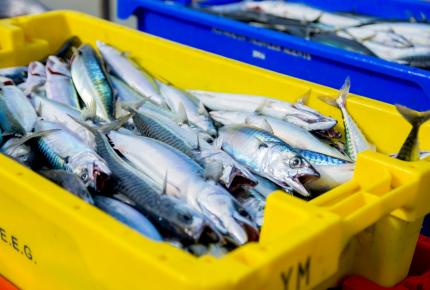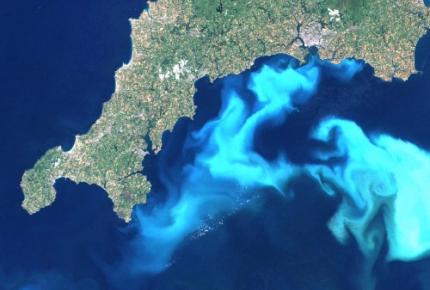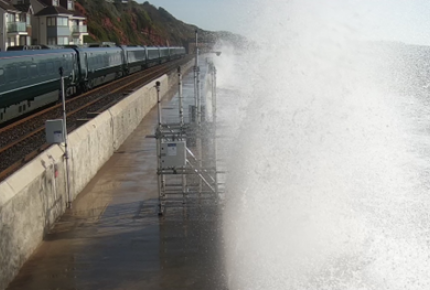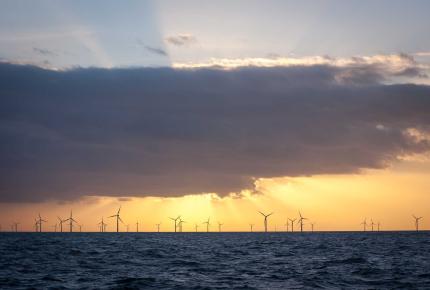A wide range of economically important marine and coastal industries are being affected by climate change, with impacts on food availability, infrastructure, seasonal operating windows and the movement of goods. Coastal erosion, flooding, sea-level rise and potential changes in storminess present multiple risks to UK industries and coastal communities.
Climate change also presents risks to human health and wellbeing, such as physical impacts through flooding and disease and wider sociocultural effects such as the loss of heritage sites and changes in tourism and recreation.
Climate change impacts on industry and society and their responses to these drivers is modulated by wider external factors such as government policies, economic fluctuations, demographic changes and societal values.
Wider impact hubs can be accessed via:





